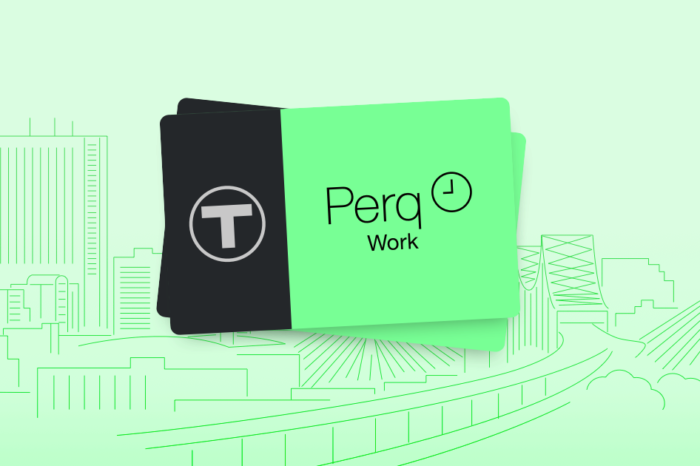Employers should offer commuter benefits to employees
This op-ed appeared in the MetroWest Daily News on January 4th, 2019.
By Mary Connaughton & Robert Dawson
You know you’ve reached a tipping point when the morning office banter centers on miserable commuting stories. Too many of us start our workday that way.
It’s no wonder.
A February INRIX report on congestion labeled Massachusetts as having the worst rush hour traffic in the nation. Our roadways lack the capacity to keep pace with Greater Boston’s growth and that ultimately will have a dire impact on our economy. Time stuck in traffic costs our region roughly $4.1 billion in productivity each year.
There is no single solution to solve this crisis, but offering employees commuter benefits programs, which bring economic and environmental benefits, among others, can help.
According to a 2019 MassDOT report, “the transportation sector is both the largest and the fastest growing emitter of greenhouse gases” in the state. Not unrelated is the growing problem of traffic congestion as the economy remains strong and Boston’s population swells. Area drivers lost an average of 164 hours stuck in traffic in 2018, a year in which the region was ranked as the most congested in the United States. That translates to over 600 pounds of carbon dioxide per vehicle released into the atmosphere annually, solely because of traffic delays. That’s all the more reason to invest in and MBTA improvements, incentivize telecommuting, build more affordable housing near transit, and other solutions that the MassDOT report recommends.
However, congestion worsens air pollution even when cars aren’t idling in traffic. The environmental impact of cars searching for parking spaces is substantial. Thus, increasing signage and transparency about parking availability may also help the environment. Sensor-driven technology may even be able to help drivers find available spaces in crowded areas.
Ridesharing also results in drivers aimlessly traveling around the region while waiting for customers. To this last point, Governor Baker recently filed a bill that would require ride-hailing services like Uber and Lyft to share more information with the state about their trip generation patterns and locations. Eventually, the Commonwealth will need to decide how best to manage parking and ridesharing in a way that limits the potential for further delays.
One way employers can put a dent in the congestion crisis is to up their game when it comes to offering commuter benefits to employees. The MBTA has made it easier than ever to provide such benefits, which provide an incentive for workers to get off the roads and switch to public transit.
The Perq Commuter Benefits Program represents a win for employees, employers, and the environment. Employees can save up to 40 percent on mass transit fares thanks to the program’s pre-tax reduction features. Using public transportation may also reduce their commuting time and are less apt to look for a new job because of unhappiness with their commute. Employers can choose to subsidize their employees transit cost or simply provide them with the opportunity through their payroll system to deduct the cost of their monthly passes from pre-tax income, with corresponding reductions in FICA taxes of up to $265 per month.
If you would like to join over 1500 Boston area businesses in doing your part to reduce gridlock and CO2 emissions, and be a thought leader in changing the transportation landscape, contact https://perq.mbta.com and get started today.
The time to act is now. Businesses and other organizations have a tremendous opportunity to enhance the quality of life in Massachusetts – now and in the future.
Mary Connaughton directs government transparency at Pioneer Institute, and Robert Dawson, a certified financial planner, contributes research on select topics.



